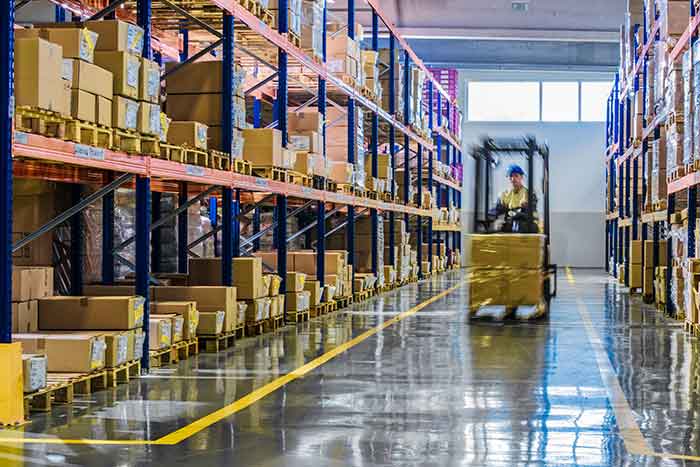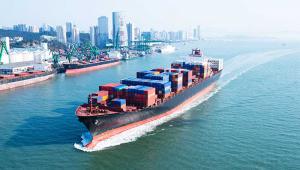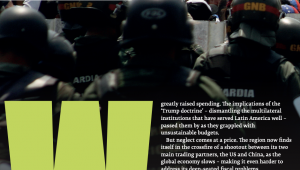Concerns around a backlash against globalisation, spearheaded by incoming US president Donald Trump, overshadowed discussions among leaders at the Asia Pacific Economic Cooperation (APEC) summit, which concluded in Lima, Peru yesterday.
APEC’s 21 members include the two countries targeted explicitly by Trump for new, tighter trade deals, Mexico and China, as well as Canada, Russia, Peru and the US itself.
In their communiqué published following the summit, they wrote: “We reaffirm our commitment to keep our markets open and fight against all forms of protectionism.”
They also agreed to extend a commitment to roll back protectionist and trade-distorting measures, which they said “weaken trade and slow down the progress of the international economy”, until 2020.
The summit closed with a pledge to work toward a trade agreement that includes all members, similar to the Trans-Pacific Partnership but with more countries, namely China, participating.
But with a new president in the White House from January, the US’ continued commitment to such agreements is uncertain. Trump has already spoken out against TTP, and without the US the deal is likely to fall apart.
As well as the already significant slowdown in international trade, the declaration highlighted numerous other challenges faced by policy-makers as they attempt to navigate recovery from the financial crisis – a process that has been slow and uneven.
These include low growth, volatile financial conditions, lower commodity prices, rising inequalities and employment challenges.
In this light, the group reiterated its commitment to building a dynamic, harmonious and open economy is the Asia-Pacific region, featuring innovative development, interconnected growth and shared interests.
The key focus for APEC was a pledge to ensure ‘quality growth’, in that efforts would be focused on policies and strategies that contributed “in concrete terms to raising people’s quality of life and enhancing social equity in the region”.
Part of this would be an emphasis on an inclusive education agenda that will “enable people of all ages to meet the challenges of a globalised world”. Ensuring access to high-quality education and training would also allow people in the region to develop skills and competencies throughout their lives.
According to the declaration, there would be a particular focus on the economic empowerment of women, youth and persons with disabilities for enhancing growth and human development.
It said: “In this regard, we commit to strengthen our efforts to ensure decent work and work life quality for all, especially socially vulnerable groups, by providing access to quality and inclusive education and vocational training, boosting entrepreneurship, improving social protection and enhancing regional cooperation.”
Consequently, APEC member states will focus on real and functional connectivity in the region, food security, climate change and access to water are complementary priorities.
Other areas of focus of the conference were enhancing the regional food market, modernising micro, small and medium-sized enterprises in the Asia-Pacific region, developing human capital and meeting the SDGs.
The group was also united in its support of anti-corruption measures throughout the region, and encouraged all economies to implement critical anti-corruption actions, with a specific focus on the bribery of domestic and foreign public officials.














